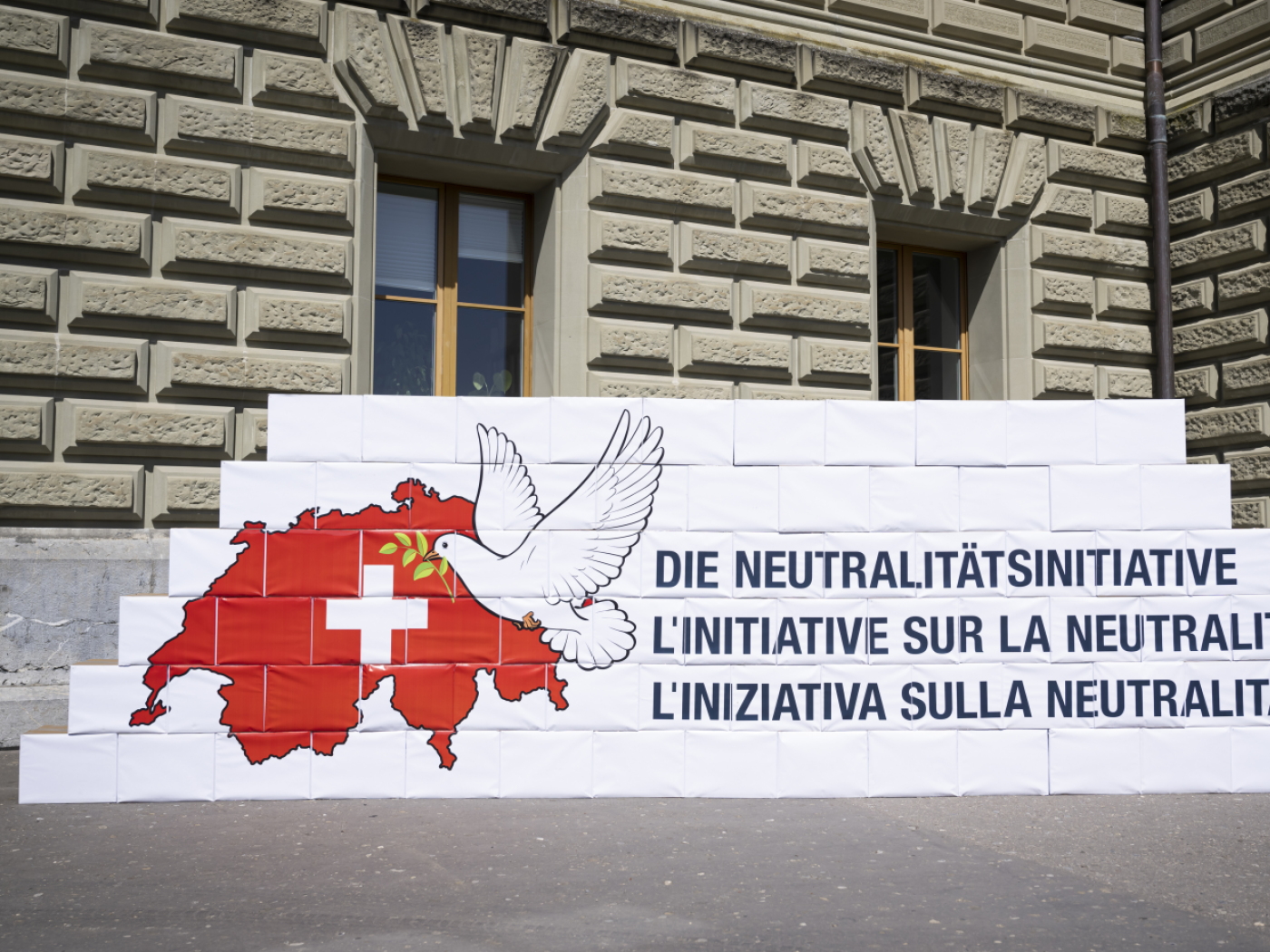
How Taiwan became a lab for digital democracy

The British opposition leader Jeremy Corbyn has recently called for Britain to entertain “a digital deliberation modelled on Taiwan”. Corbyn has rightly noticed that there is no other place in the world where experiments with digital democracy are as rife as on this politically controversial island. But there is still a lot that could go wrong.
2014 was the year of cultural change for Taiwan. The Sunflower student movement changed the political climate on the island. In protest against a trade agreement between the previous government of Taiwan and China, students launched a nationwide protest movement. The rally came to a head when young activists occupied the national parliament in Taipei.
The Taiwanese journalists Hedy Chiu (Commonwealth MagazineExternal link) and Jason Lui (The ReporterExternal link) were embedded in the newsroom of swissinfo.ch in Bern in September. They participated in the Reportagen Festival where they presented their reporting in Hong Kong and Taiwan at a SWI panel. Sadly, Chiu died unexpectedly after her return to Taiwan.
This week, swissinfo.ch editor Patrick Böhler will lead a public debateExternal link in Taichung (Taiwan) on their reporting. The discussion will be held in the framework of the Global Forum on Modern Direct Democracy External linkwhich takes place in Taichung and Taipei from October 2 to 5.
The aim of the democracy summit is the international exchange of best practices in the fields of civic rights, citizen participation and the further development of democracy through digitalisation. We will report on meaningful discussions as well as on ongoing democracy debates.
The 2020 Global Forum on Modern Direct Democracy will take place in the Swiss capital, Bern.
We also organise other events in English, Chinese and German. If you are interested, please register with Patrick (patrick.boehler@swissinfo.ch) or me (renat.kuenzi@swissinfo.ch).
Sympathisers defended the occupiers by forming a protective cordon around the parliament building. “For a whole month, there was a 24/7 protective human shield,” says Jason Liu, who was part of the movement. “And everything that was happening inside was brought to the outside world via livestream.”
Liu is one of two Taiwanese journalists who together with swissinfo journalists have reported on the topic of democracy in Switzerland over the past few weeks. The 32-year-old works for the online publication The Reporter. He has left his activist life behind, but still enjoys talking about this period which shaped him and Taiwan’s society.
The “nerds” of gov zero
The successful occupation and the ensuing mass movement brought about a fundamental political change. Many people demanded more transparency from the administrative and executive authorities by introducing new forms of open government.
Around 2,000 people, many of whom were students and nerds from the software and IT development scene, were at the core of the new movement or rather community.
They called themselves GØVExternal link or gov zero. The O represents a figure and stands for a new beginning.
When the opposition won the elections and came into power in 2016, the movement became part of its platform. Today, the principles of these active civic-tech communities are embedded in the policies of Taiwan’s government. They include more participation, inclusion, accountability and first and foremost transparency.
Digital political public
vTaiwan is probably the most famous project. It is a digital platform that offers people the opportunity to discuss political issues they care about without having to overcome high hurdles. Join is another platform for online participation.
If someone is upset about the poor infrastructure or dysfunctional schools, they can start an e-petition on vTaiwan. Once the initiators have found 5,000 people to support this petition, the responsible government authorities must comment on it. Corbyn’s tweet was most probably inspired by vTaiwan.
The island calls itself Republic of China with a population of around 24 million.
The Chinese Nationalist’ Party Kuomintang is defeated in the civil war and settles in Taiwan.
General Chiang Kai-shek governs the island under authoritarian rule until his death in 1975.
Marital law ends in 1987, democratisation begins in the 1990s.
Most nations, including Switzerland, follow the One-China policy that only recognises the People’s Republic of China with Beijing as the capital. Taiwan is not recognised as an independent state, but as part of China. The island is Switzerland’s fifth most important export market in Asia.
Switzerland supports the development of Taiwan’s democracy with practical know-how, especially when it comes to civic rights.
Other examples of Taiwan’s digital democracy are: Taipei’s and other cities’ transparent budgets as well as the financial transparency of local governments. All citizens have the opportunity to examine the expenses of their local politicians. CoFactsExternal link, a web robot to identify fake news, is another exciting project.
“Nerds and the government”
Audrey TangExternal link is a central figure in this movement. This smart software specialist is a founding member of gov zero. Tang is now the first minister for digital democracy in the world. Officially, she is a cabinet member ‘without portfolio’. Practically, it is Tang who pushes forward the implementation of the digital strategy on a government level. “The impact the digital democracy strategy has on everyday life is huge,” says Jason Liu.
Neither the government nor private companies have come up with solutions, but gov zero has. The civic hackers’ community acts as an incubator and puts out tenders for six-month software development projects.
In a short period of time, the developers create tools which are strictly based on open source programmes and are shared.
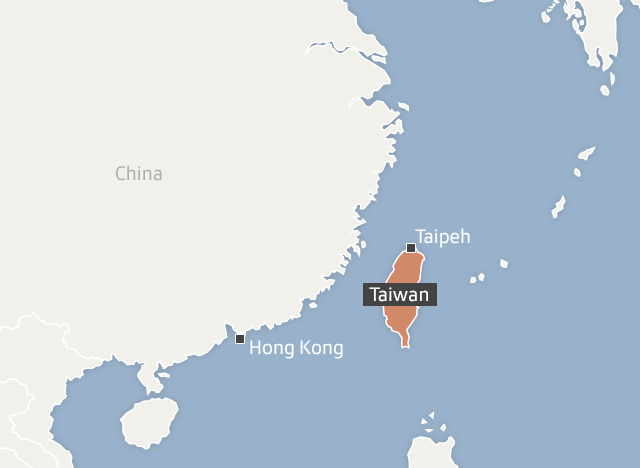
This means the source codes were not the creation of a private company like it was in the case of the now deceased e-voting system of the state-owned company, Swiss Post.
Under the Taiwanese system, everyone who knows about software can contribute to its improvement. Taiwan’s civic tech community, which is still marginal or invisible in other countries, is an important democratic actor. The software developed by computer geeks today will be used by the people in Taipei or the government tomorrow.
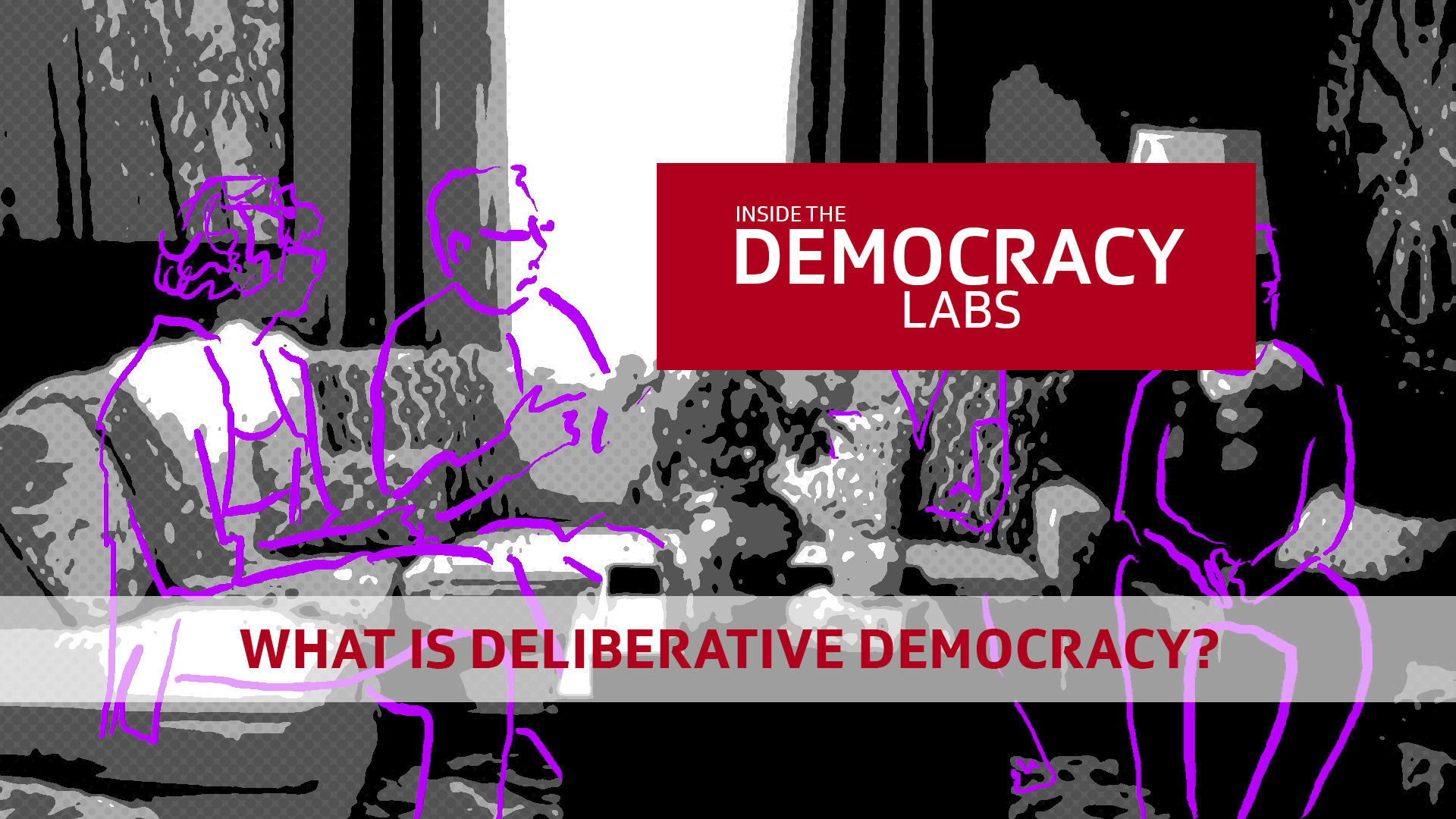
More
Bringing everyone to the table
Digital dangers on the horizon
Since Tsai Ing-wen, who is rather critical of China, became president in 2016, China has heightened its tone towards Taiwan, along with military threats. Against this background, Taiwan’s democratic experiments can be viewed as a strategy in the face of the Chinese dominance.
On January 11 next year, the Taiwan’s voters are due to elect their new president and parliament. This will put the digital experiments to the test. Have they really influenced the lives of Taiwan’s voters? How convincing are these trials?
There is another danger which lies dormant. What to do if the digital discourse gets manipulated? Hedy Chiu, who reported with Liu and the swissinfo journalists in Switzerland in the summer, has reported on the open market of bots on Taiwan’s social media. As she revealed at the Reportagen Festival in Bern, Taiwanese politicians have already bought their share of bots in the run-up of the elections to manipulate the debate in the digital media.
Since the Sunflower student movement was launched, the answer to such manipulation and fake news has been radical transparency. When I told Jason Lui that Minister Tang had agreed to do an interview with me, he beamed.
“You will find out what absolute transparency means. All her moves and decisions as minister will be made public. And this interview will not be different.”
● The “old” democracy of Switzerland lags behind when it comes to digital democracy.
● The “young” democracy of Taiwan is at the forefront of digital democracy.
● Why is there such a difference?
● In Switzerland, it was the politicians who pushed digitalisation. The focus was on a) the government’s virtual desk for Swiss citizensExternal link who want to get in touch with the authorities, and b) e-voting. After piloting e-voting for almost 20 years, the government put it on ice this summer, for the time being.
● In Taiwan, the incentive came from the Sunflower student movement. It laid the foundation for the civic hackers’ community which calls for more participation, inclusion, accountability and more transparency.
● Today, the software specialists develop tools for the digital democratic debate. Once developed, the tools which are based on open source programmes are used by municipalities and the government.
● In the framework of the news coverage on the 2019 Global Forum on Modern Direct Democracy, #DearDemocracy will run a comparison between the current state of digital democracy in Switzerland and Taiwan.
● The “old” democracy of Switzerland lags behind when it comes to digital democracy.
● The “young” democracy of Taiwan is at the forefront of digital democracy.
● Why is there such a difference?
● In Switzerland, it was the politicians who pushed digitalisation. The focus was on a) the government’s virtual desk for Swiss citizens who want to get in touch with the authorities, and b) e-voting. After piloting e-voting for almost 20 years, the government put it on ice this summer, for the time being.
● In Taiwan, the incentive came from the Sunflower student movement. It laid the foundation for the civic hackers’ community which calls for more participation, inclusion, accountability and more transparency.
● Today, the software specialists develop tools for the digital democratic debate. Once developed, the tools which are based on open source programmes are used by municipalities and the government.
● In the framework of the news coverage on the 2019 Global Forum on Modern Direct Democracy, #DearDemocracy will run a comparison between the current state of digital democracy in Switzerland and Taiwan.
Adapted from German by Billi Bierling/urs

In compliance with the JTI standards
More: SWI swissinfo.ch certified by the Journalism Trust Initiative










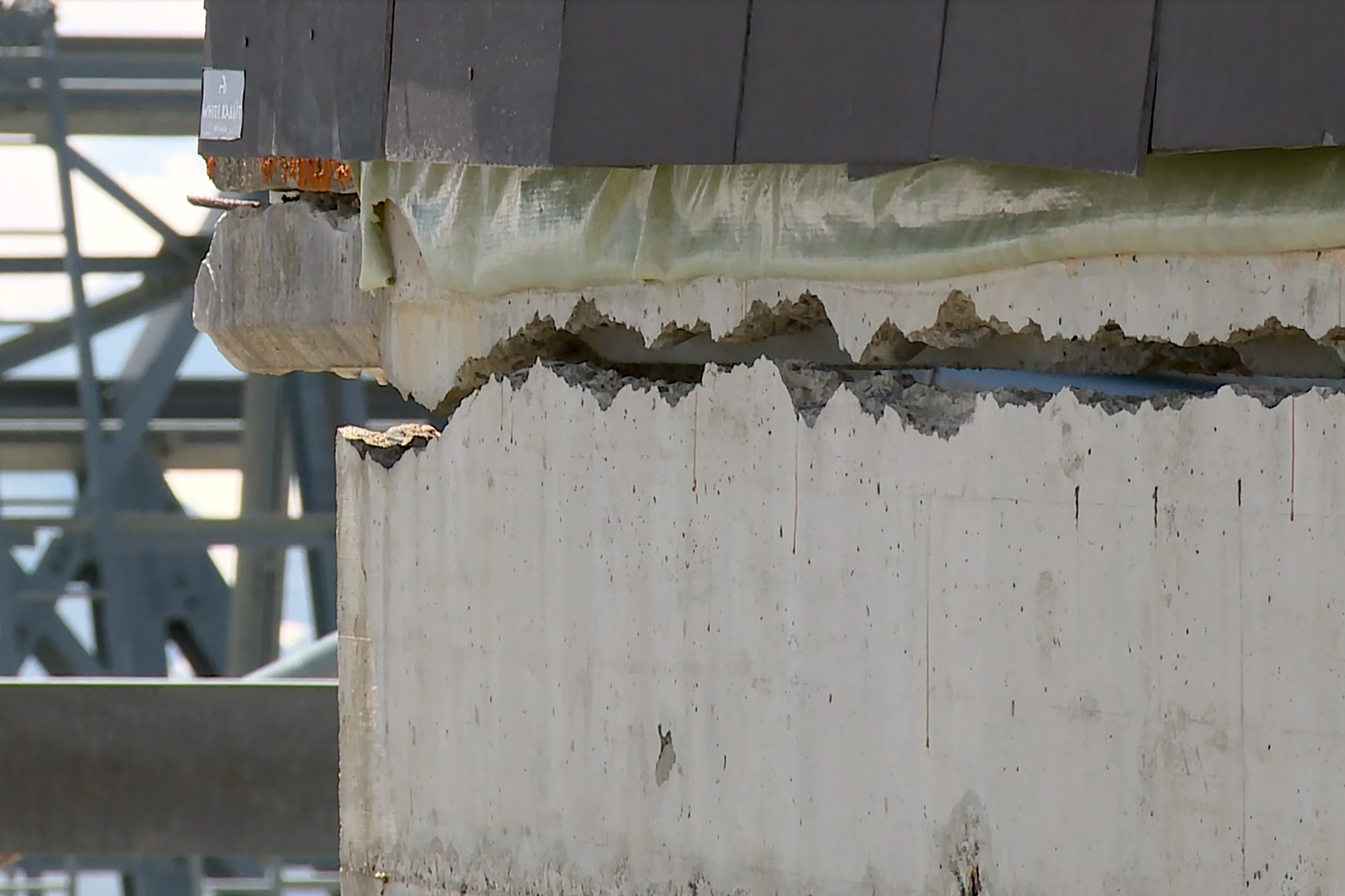


























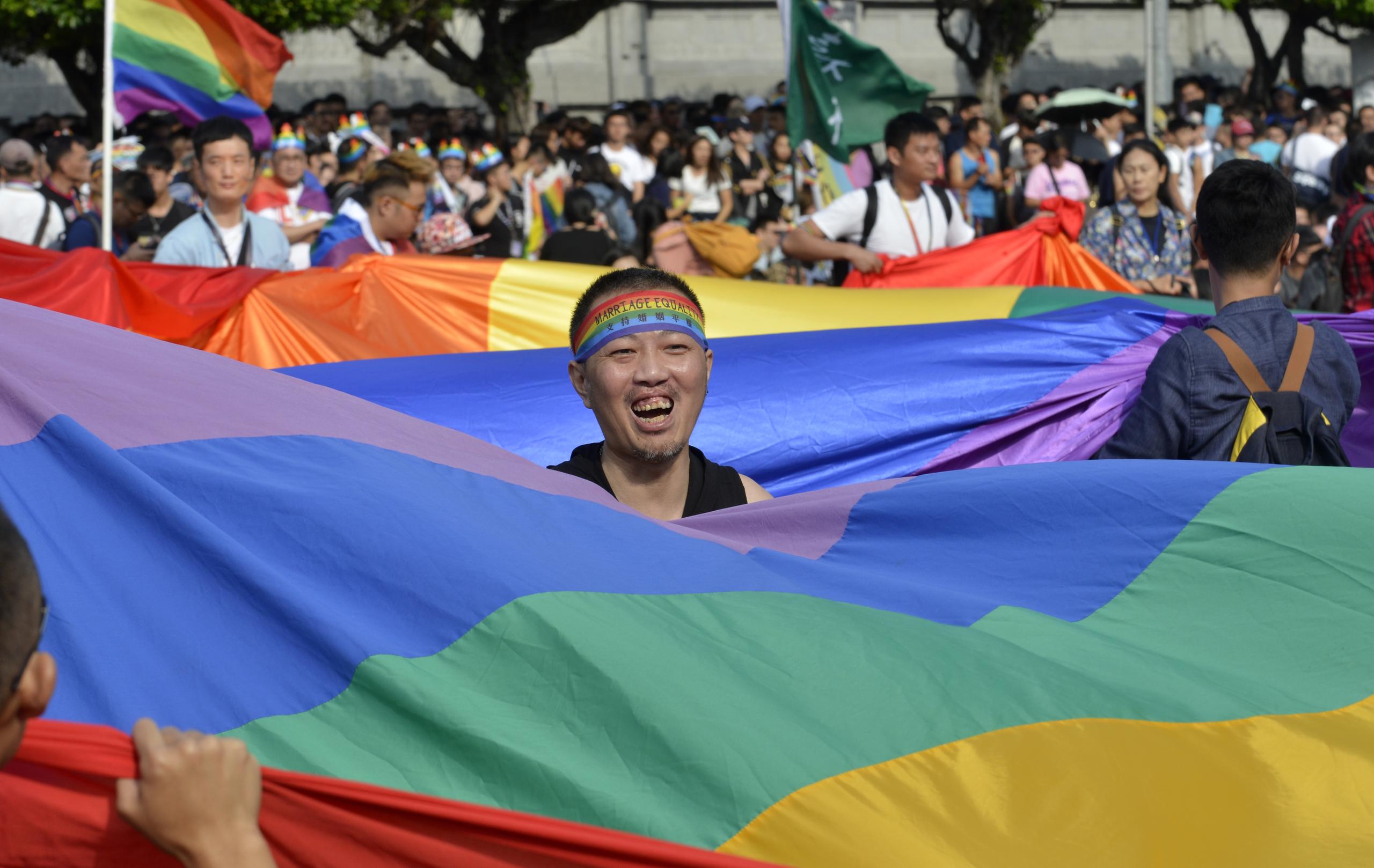
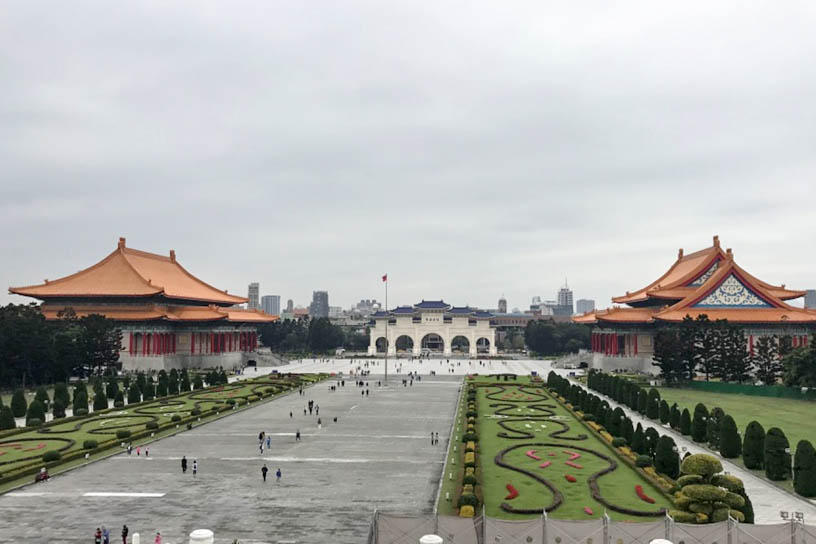

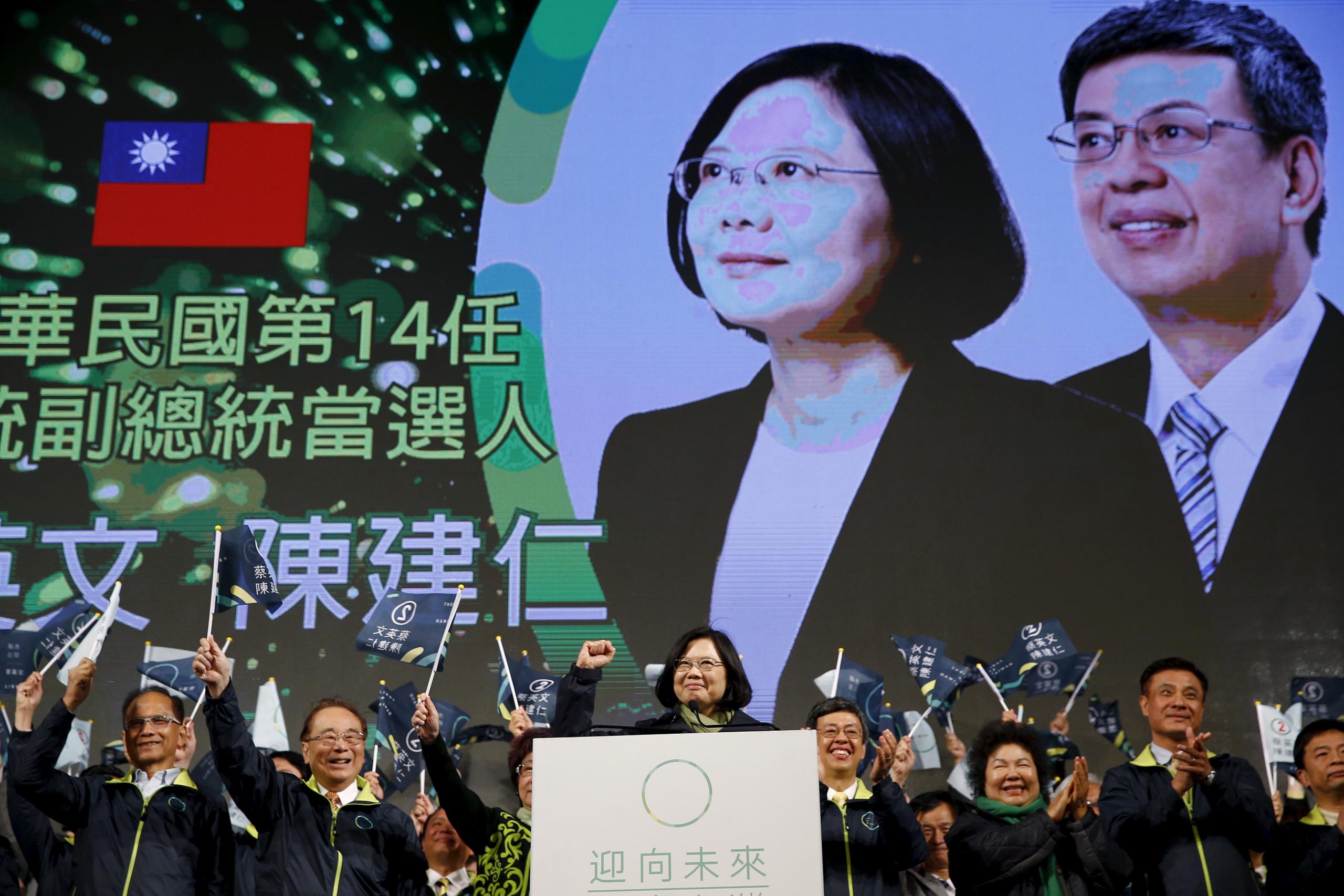
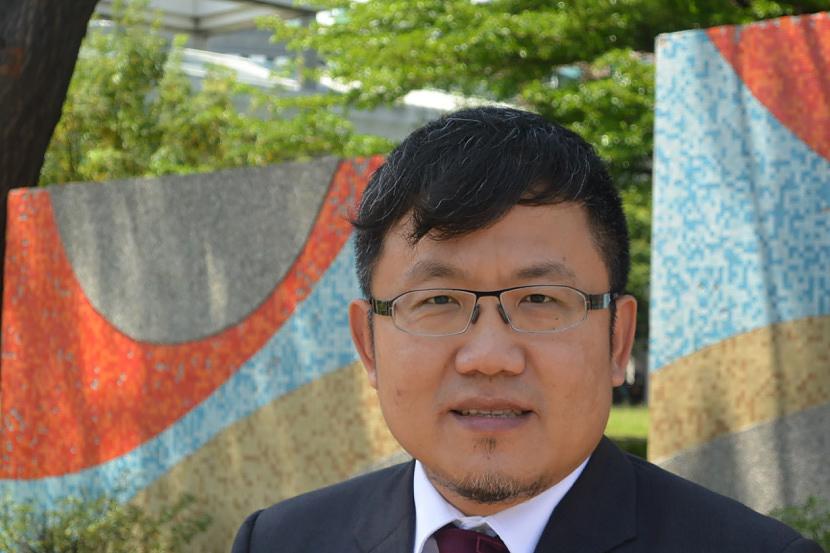

You can find an overview of ongoing debates with our journalists here . Please join us!
If you want to start a conversation about a topic raised in this article or want to report factual errors, email us at english@swissinfo.ch.